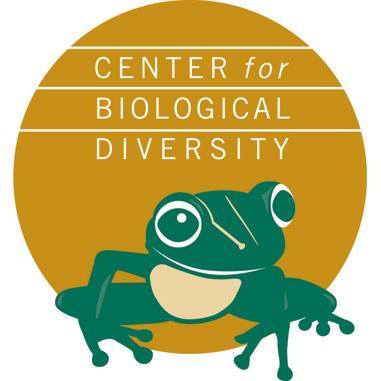December 26, 2018 - SACRAMENTO, Calif. - The California Department of Transportation is failing to collect roadkill and wildlife-vehicle collision data that could help identify problem  areas and protect drivers and animals like mountain lions, according to state documents obtained by the Center for Biological Diversity.
areas and protect drivers and animals like mountain lions, according to state documents obtained by the Center for Biological Diversity.
In the documents — received from the agency through a Public Records Act request — an expert consultant discussed flaws in Caltrans districts’ reporting of large-animal collisions that “could be of concern to human safety.” California drivers hit at least 23,000 large animals a year, according to State Farm.
Four of Caltrans’ 12 districts, including those covering Orange County, San Diego and the Sierra Nevada foothills, have not collected any roadkill data for the past seven years, documents show. Other districts seem to be underreporting roadkill and are not carefully reporting the locations of collision with big animals like deer and mountain lions. That makes it difficult to identify collision hotspots that could be addressed with wildlife crossings.
“You can’t fix collision hotspots if you don’t know where they are, and Caltrans isn’t collecting data that could help make roads safer for people and animals,” said Tiffany Yap, a Center scientist who reviewed the documents. “The department’s negligence is shocking when you think about how dangerous these accidents are to drivers and how much damage they do to California’s wildlife.”
Caltrans districts that did report roadkill data, including District 4 (the San Francisco Bay Area) and District 7 (Los Angeles and Ventura counties), had markedly fewer roadkill records starting in 2013 compared to previous years. This contradicts a recent study from the UC Davis Road Ecology Center, which identified wildlife vehicle collision hotspots in these Districts.
Caltrans announced that about 2,000 reported wildlife-vehicle collisions on state roads in 2017 resulted in 12 human deaths and hundreds of people injured. Insurance claims show the state may actually suffer tens of thousands of such accidents. Many collisions with wildlife go unreported, which is why roadkill data are important.
According to the UC Davis study, which considered reported collisions and roadkill, there were more than 7,000 collisions in 2017 that cost an estimated $300 million in hospital bills and property damage. The study also found an increasing trend in collisions with mountain lions and black bears over the past three years.
Other western states — including Arizona, Colorado and Utah — are identifying collision hotspots and using wildlife-crossing infrastructure to achieve collision reductions of more than 80 percent.
Poorly planned roads and traffic can fragment habitat and cause deadly collisions. A wide variety of animals, from mountain lions to newts, need habitat connectivity so they can roam to find food, shelter and mates or escape from natural disasters like fires or floods.
“Wildlife crossings can make roads safer for people and improve connectivity so animals can roam without getting run over,” said Yap. “But we need data to tell us where animals are getting hit and what kind of infrastructure would be most effective. That’s why Caltrans’ failures are so concerning.”
Last week the Center submitted a comment letter on the California Transportation Plan 2050 urging Caltrans to prioritize funding and responsible action towards restoring wildlife connectivity on existing roads. The letter included a series of recommendations that range from collecting systematic wildlife vehicle collision data to upgrading existing culverts to facilitate wildlife connectivity.The Center for Biological Diversity is a national, nonprofit conservation organization with more than 1 million members and online activists dedicated to the protection of endangered species and wild places.
Source: Center for Biological Diversity








